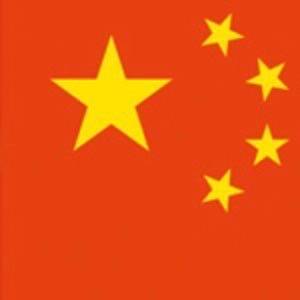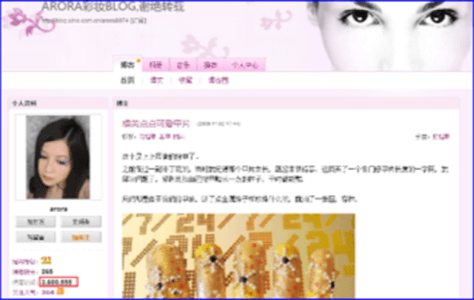China enjoyed center stage this week thanks to President Obama’s visit. Naturally, trade relations were on the agenda.

For Internet companies sitting in the US, news reports that chronicled the President’s every move in China were a visible reminder of the business opportunity that may seem a click away.
This guest post was written by Wei Wang.
So, why not export social media to China just like KFC and American Idol? After all, seeing Yao Ming, arguably China’s grandest international star, on Facebook and Twitter, one naturally figures, aside from the language and periodic blocking of websites, “What’s the diff?”
But Facebook has gained little traction in China (with only 390,000 users), and tweets have virtually ground to a halt since the government started blocking Twitter, and these factors point to the “diff.”
Simply flinging an American product into the Chinese market won’t succeed, because every social media category has a Chinese equivalent that is tuned to the particular needs of the mainland Chinese market.
One of China’s “Facebooks,” Kaixin001.com, has already secured over 40 million users since launching only last year. The platform gained its initial popularity through applications that you would recognize from the real Facebook, such as “Friends for sale” and “Parking wars” – but with a Chinese twist.
Take, for example, the application called “Xingming Yuanfen,” in which you type in a friend’s name to test your “yuanfen” (i.e. your predetermined relationship with that person). Another application explains who you were in your previous life. It turns out I was a bandit, much to the chagrin of my parents.
These “fortune-telling” applications enjoy incredible popularity on computers and mobile phones. While fortune-telling jars Western sensibilities, it remains a part of Chinese culture.
The B-B-what?
But the best example of China walking to the beat of its own drummer is the continued popularity of the BBS.
That’s not a typo.
That is the same bulletin board system that went by the wayside in the US with dial-up modems and US Robotics. Chinese students – who, like their counterparts in the US, are more open to experimentation than other segments – established the foundation for BBS’ to flourish in China.
All major universities operate their own BBS. Peking University and Tsinghua University (which are the Harvard and MIT of China) host the Weiming BBS (named after Weiming Lake at Peking University) and Shuimu Tsinghua BBS, respectively.
With 10+ years’ worth of graduates who grew up on BBS’ now driving the Chinese Internet market, these same people have fueled a range of BBS sites tied to their interests and professions. According to the latest CINIC (China Internet Network Information Center) report, roughly 30% of Chinese Web users spend a significant amount of time on a BBS. So, these sites certainly transcend geekdom.
55BBS, for example, is an online community where users share discount information, coupons and other creative ways to land a good deal. Users also share news of what they got from their latest shopping spree, showing off a photo of skin care products as if it were a trophy.
Perhaps the most unique phenomenon in China is Tianya, the #1 BBS, with almost 30 million users.
What is Tianya? Think of it as a gathering place for an eclectic blend of intellectuals, journalists, freelancers, professors, researchers, gadflies, etc. Users write on and comment about sensitive social issues that may be off-limits to mainstream media. People also head to this forum to gossip about celebrities (okay, some things don’t change between cultures).
A Chinese word has been coined for BBS evangelists: “Da’rens,” which roughly means “people who really know how to do something.” We’re now starting to see some “Da’rens” parlay their popularity into commercial success. The famous makeup Da’ren known as Arora started out writing about cosmetics on a BBS before launching a blog for the mega-portal Sina.com.

From a Chinese perspective, the fundamental difference between a blog and BBS is that a BBS allows for anonymity, which appeals to the introversion of many Chinese. Blogging is also more of a solitary activity, with readers chiming in with comments later. The BBS, on the other hand, is more of a collaborative undertaking, which also appeals to the Chinese.
This all means that Internet companies from the US looking to crack the mainland Chinese market need to do their homework and tailor their products accordingly.
Here’s an easy litmus test when planning your market entry in China: “What’s the difference between the US and Chinese version of your product?”
If the answer takes more than 60 seconds to explain, then you’ve got a fighting chance.
Wei Wang is a digital consultant with The Hoffman Agency, a communications consultancy with offices in Beijing (where Wei is based) and Shanghai, as well as throughout Asia, the US and Europe. She can be reached at [email protected].










